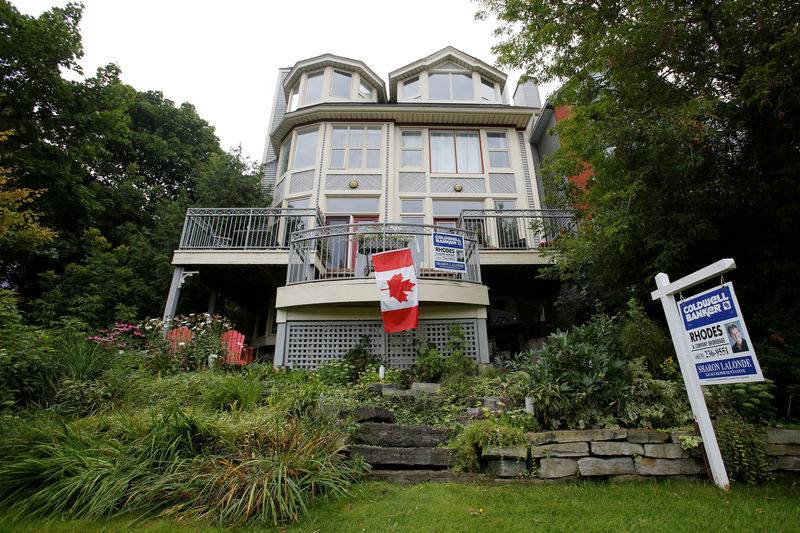How Your Home Warranty Can Help You in an Emergency
How Your Home Warranty Can Help You in an Emergency The last thing you want to face when moving into a new home or condominium is an emergency, such as a total loss of heat or an extensive plumbing leak. After all, everything in the house is spanking new, including the principal systems and materials, and the house was examined at various phases of construction. Even yet, situations do occur from time to time. Fortunately, your Tarion-managed new home warranty covers situations that can be traced directly to your builder’s labor and supplies. What is an emergency? According to Ontario’s new home warranty, an emergency happens within the warranty term and includes a guaranteed fault that, if not addressed quickly, will cause significant damage to your house, condominium unit, or standard condominium features. An emergency might also endangers your health and safety or renders your house uninhabitable. Examples of typical emergencies that may be covered under warranty include: complete loss of heat between September 15 and May 15 complete loss of electricity a gas leak complete loss of water complete stoppage of sewage disposal; a plumbing leak that necessitates shutting off the entire water supply a major collapse of any part of the home’s exterior or interior structure water penetration through the interior walls or ceiling a pool of standing water inside the home and/or the presence of unacceptable levels of hazardous substances. It should be noted that an emergency scenario over which the builder has no control, such as municipal or utility service breakdowns, is not covered by the builder’s guarantee. What should you do in an emergency? In the event of an emergency, you should contact your builder as soon as possible since you are responsible for handling the warranty procedure for your property. Afterward, your builder has up to 24 hours to handle the emergency problem by making your house safe and avoiding future damage. What if you can’t contact your builder or if they don’t handle the situation within 24 hours? That’s when you may contact Tarion for advice on handling the emergency scenario. Tarion has a dual function in this circumstance. First, they ensure homeowners get the warranty coverage to which they are entitled. Second, when builders fail to satisfy their duties, we hold them responsible. If you are unable to contact your builder or Tarion, you or a contractor you hire may do the required repairs to handle the immediate issue and then file a claim to be compensated for the expenditures. You must preserve records of the emergency and repair work done, save all receipts and take photos before and after the repairs. After dealing with the immediate emergency, your builder has 30 days to thoroughly remedy the fault. If they don’t, you may contact Tarion to address the issue. Nobody wants or anticipates an emergency to ruin their first house-buying experience. But, if they do occur, you can be certain that steps are in place to guarantee that you can quickly return to fully enjoying your new home. Related posts 10 July 2023 How Your Home Warranty Can Help You in an Emergency 02 July 2023 Four 2023 new home buyer facts that may surprise you Four 2023 new house buyer facts that may surprise you Tarion revealed the findings of its initial poll… 02 July 2023 3 “warranty exceptions” for warm weather 3 “warranty exceptions” for warm weather Your routines as a new homeowner will likely shift when the… 27 June 2023 Reuters survey predicts rising Canadian housing prices due to high demand Reuters survey predicts rising Canadian housing prices due to high demand According to a Reuters survey… 21 June 2023 Canadian Real Estate Correction Continues, Sales Rise Temporarily: Oxford Econ. Recent Immigrants Cannot Support High Home Prices in Canada After a temporary lull, the real estate market… 24 May 2023 Recent Immigrants Cannot Support High Home Prices in Canada Recent Immigrants Cannot Support High Home Prices in Canada Canada’s population growth is contributing… 16 May 2023 Toronto’s Best Investment Areas for Families Toronto’s Best Investment Areas for Families Don’t be fooled by The Six’s huge towers, high-rises,…
How Your Home Warranty Can Help You in an Emergency Read More »













